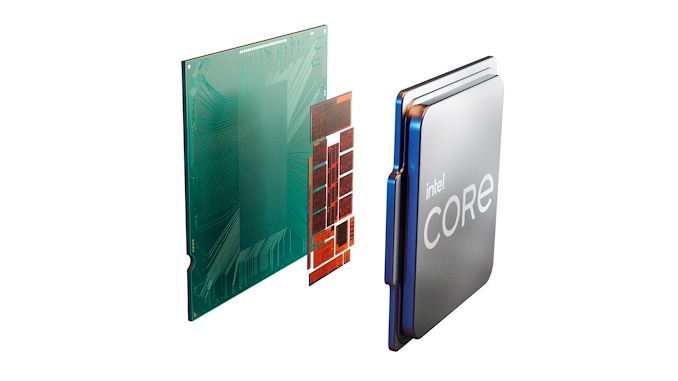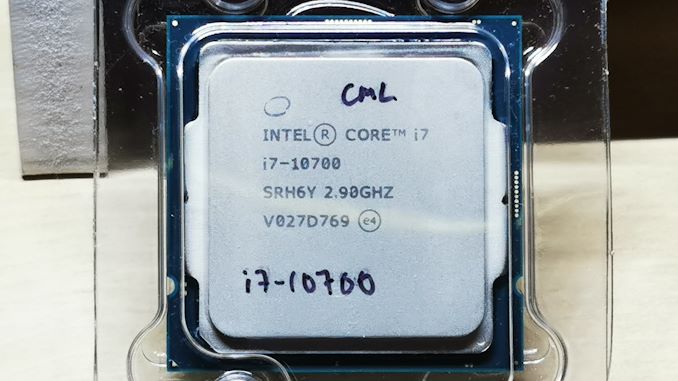- Joined
- Jan 27, 2015
- Messages
- 1,844 (0.49/day)
| System Name | Legion |
|---|---|
| Processor | i7-12700KF |
| Motherboard | Asus Z690-Plus TUF Gaming WiFi D5 |
| Cooling | Arctic Liquid Freezer 2 240mm AIO |
| Memory | PNY MAKO DDR5-6000 C36-36-36-76 |
| Video Card(s) | PowerColor Hellhound 6700 XT 12GB |
| Storage | WD SN770 512GB m.2, Samsung 980 Pro m.2 2TB |
| Display(s) | Acer K272HUL 1440p / 34" MSI MAG341CQ 3440x1440 |
| Case | Montech Air X |
| Power Supply | Corsair CX750M |
| Mouse | Logitech MX Anywhere 25 |
| Keyboard | Logitech MX Keys |
| Software | Lots |
Best thing about Intel CPUs is you dont need a dGPU to make them work nor only limit your selection to APUs from AMD.
If youre building a computer right now and you dont already have a GPU then there is zero value in any AMD CPU currently.
This is actually crucial. Unless something changes (and reportedly it won't this year) then to differentiate the 5600X and 11600K or for that matter vs a 10700K in gaming you'd need to buy a $1500ish GPU making a complete system north of $2000.
11600K is going to have a big advantage on most desktops, at least until GPU prices come down.








